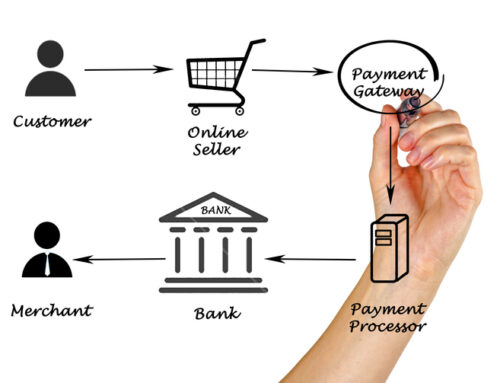Have you ever wondered if the Canada Revenue Agency (CRA) will accept your digital documents in the event you are audited? Given all the business that’s conducted online these days, it’s not surprising the CRA has a policy on electronic record keeping.
It’s a fairly lengthy and thorough document, so we’ve included the main points below. If your office is paperless or you are thinking about going paperless, you’ll want to read on!
Acceptable Digital Documents
The short answer to the question posed as the title of this post is, yes! The CRA does accept digital documents. But you’ll want to make sure you follow their guidelines to ensure they won’t disallow any of your business expenses.
The CRA accepts paper documents as well as paper that has been scanned, provided it remains in a readable electronic format. A PDF document is the most common and accessible way to achieve this. The CRA will also accept documents that never had a paper form. Again, this is provided they are in an acceptable electronic format. Great news for those of us who are paperless.
So, the question is, what is an acceptable electronic format?
The CRA refers to document imaging, which is their fancy way of saying it is an exact image of the paper document. This means a scanned image with such poor resolution you can’t read the words or numbers isn’t going to cut it.
The key is contained in the following statement from the CRA. “Significant details of the image are not obscured because of limitations in resolution, tonality, or hue.” Once you have an exact electronic image of your original paper documentation, you can destroy the paper copy.
Think of yourself as a CRA auditor. Are all the pertinent details clear? Who did you pay? What did you buy? How much did it cost?
If you’re interested in learning more about the format of the documents the CRA accepts, this article is helpful.
Storage of Electronic Records
If you are going to keep electronic records only, you’ll want to make sure you have a reliable backup system. It’s important to note that if you use a third party backup service or provider, you are still the one ultimately responsible for your records. This includes ensuring access to CRA if requested.
As a business owner, you need to be familiar with the term redundant backup. This means you have your main backup system, then you have a secondary system in case the first system fails. This is very important. Cloud storage is becoming a popular method of storing electronic documents.
Electronic documents are subject to the same record retention rules as paper records. In most cases, you must keep your business records for a minimum of six years from the end of the year they relate to.
What About Electronic Signatures?
For the most part, the CRA does accept electronic signatures. They were a bit slower to accept electronic signatures than electronic documents. But they now recognize electronic signatures as meeting the requirements of the Income Tax Act.
This is a result of the ongoing COVID-19 pandemic. Since the pandemic hasn’t been resolved, you will want to check with your accountant regarding the status of electronic signatures in the future.
As always, please let us know if there is anything we can help you with by getting in touch here.





